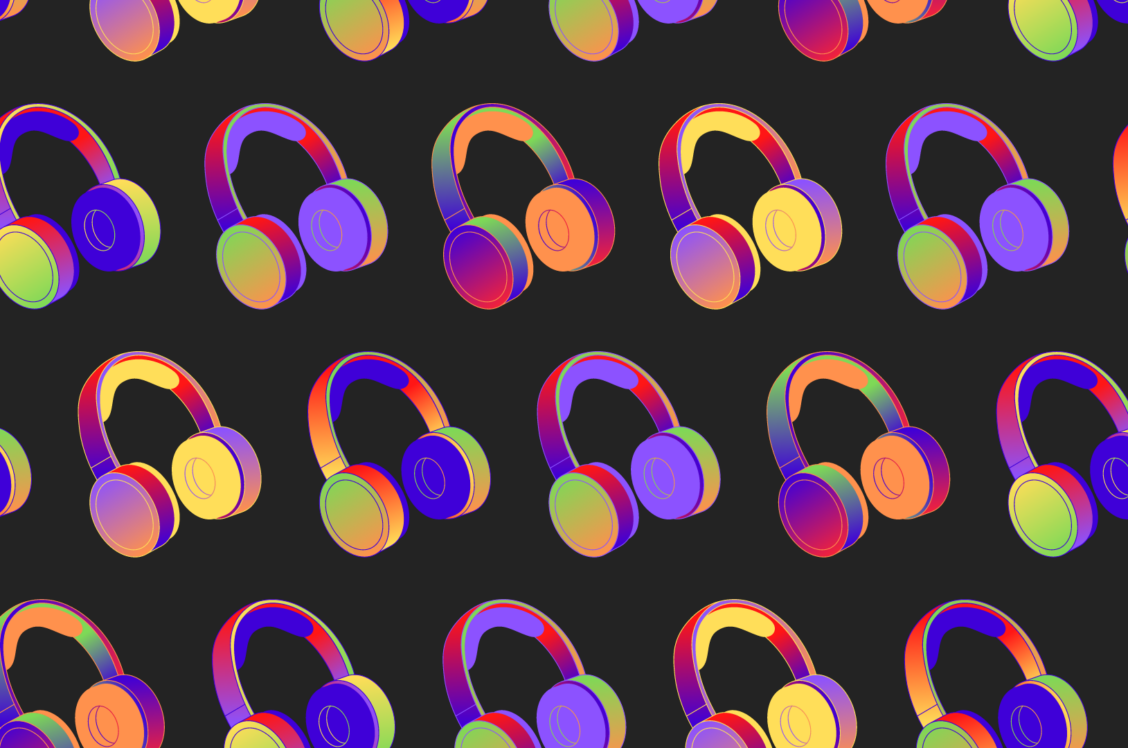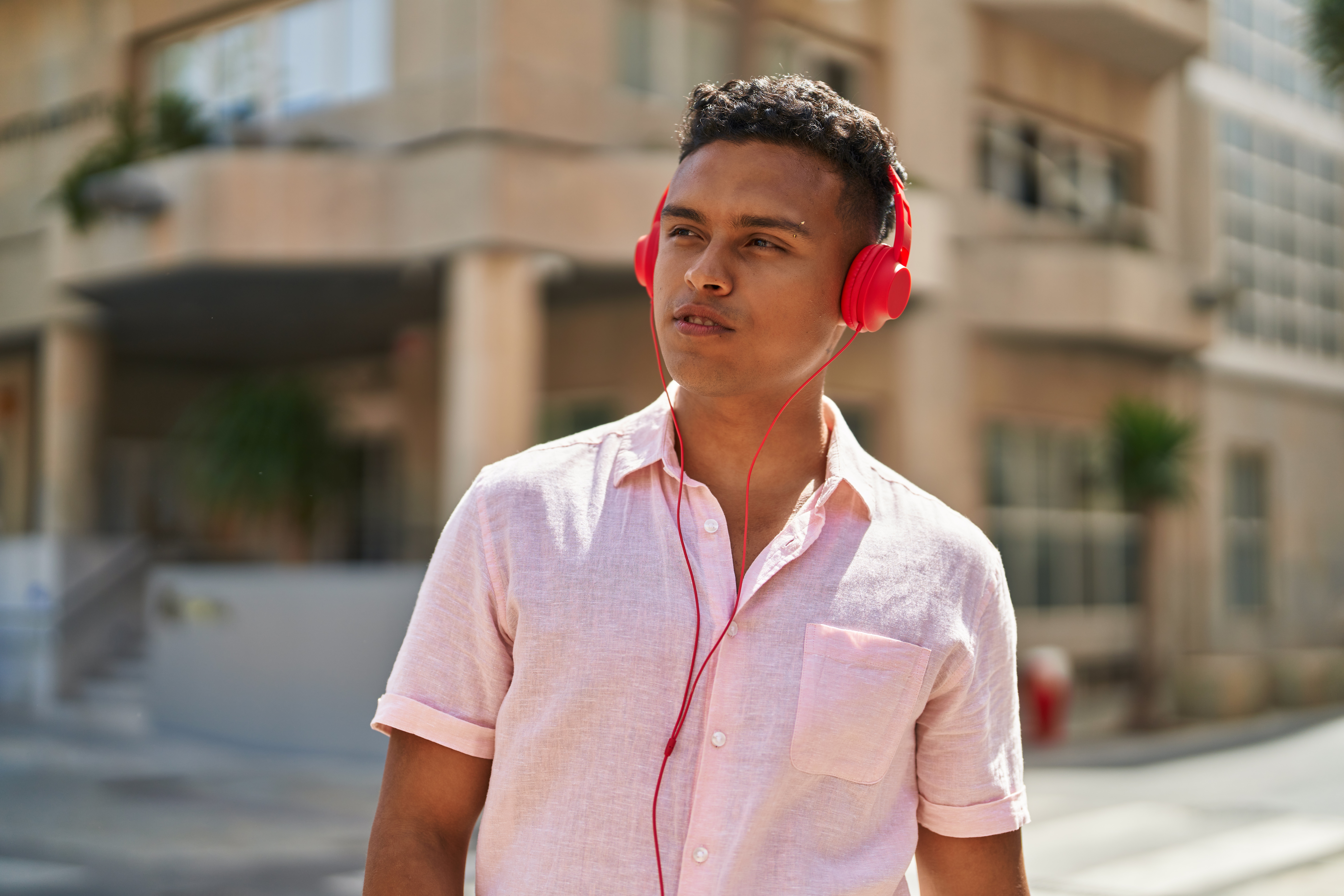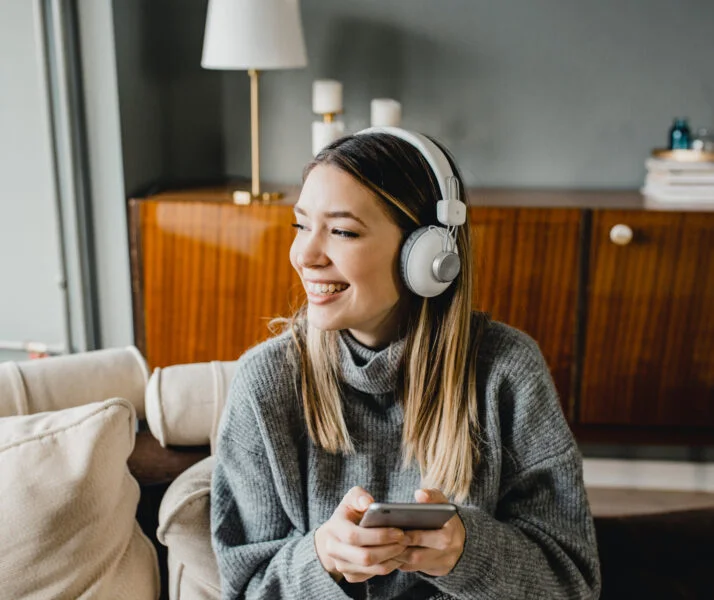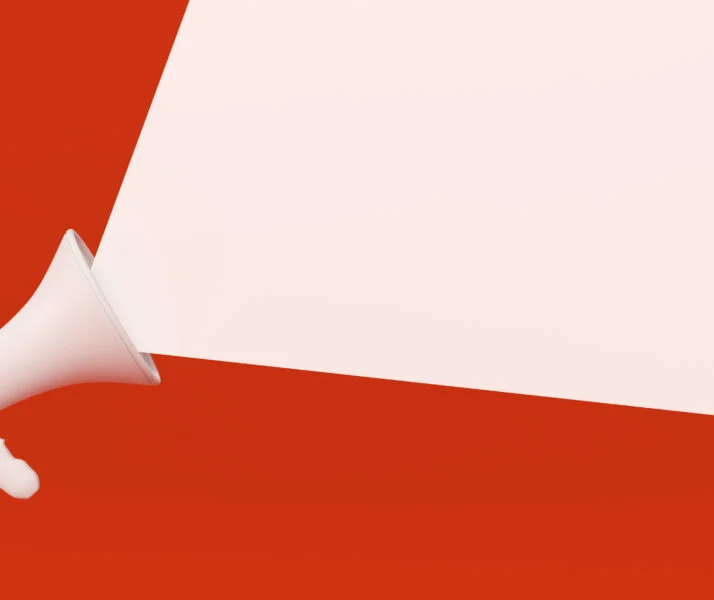
By now I’m sure that you’ve seen the rainbow emblazoned merchandise lining the shelves of your local Target, WalMart, or any large retailer signifying the beginning of Pride Month in the United States. But what exactly is Pride and how did it come about?
Lesbian, Gay, Bisexual, Transgender, and Queer (LGBTQ+) Pride Month is currently celebrated every June across the United States to honor the 1969 Stonewall Uprising in Manhattan. It may come as a shock to some to learn that in 1969, homosexuality was still considered a criminal offense and gay bars were often places of police raids and brutality. When the Stonewall Inn was raided, however, the community decided to stand up and fight back in a series of events that lasted over six days. “Many new activists consider the Stonewall Uprising the birth of the gay liberation movement. Certainly, it was the birth of gay pride of a massive scale.” The Gay Crusaders, 1972.
The first Pride March was held on June 28th, 1970, one year after the Stonewall Uprising, as a way to build on that spirit of resistance. Since then, hundreds of Pride events have sprung up in cities nationwide in the form of marches, protests, parades, and proms.
This Pride Month, I wanted to take a moment to reflect on queerness within the media. While there have been strides made to include more LGBTQ+ actors and creatives in the space, major industries such as film and television are still lagging woefully behind. While movies such as Rocketman were a huge win for LGBTQ+ representation, the industry still sadly missed the mark by awarding the role of Elton John to a straight male. Bohemian Rhapsody became the highest-grossing movie ever centered on an LGBTQ+ character, however, the film still received its fair share of criticism regarding the script keeping Freddy Mercury’s relationship with men mainly in the shadows.
Since podcasting is a relatively new medium, I believe that we are in a unique position to learn from the mistakes of other mediums and to build a new future of diversity within the audio space. With fewer barriers into the space and an intimacy built with audiences that hasn’t been seen in movies or television, podcasting is uniquely positioned to uplift and showcase the voices of the underrepresented. From comedy, to fiction, to news and current affairs, podcasting has the ability to shine a light on others like us in a way where we can truly be heard and our stories shared with the masses without being filtered through producers, directors, and studio executives. This Pride Month, let’s work together to lift up the voices that others have worked to silence throughout history.
Top podcast and youtube creator picks by VP of Audio Insights Lindsay Smith and Senior VP of Human Resources Brett Pugliesi:
Lindsay’s Recommendations
The Bald and The Beautiful on Apple Podcasts and UNHhhh on Youtube
Both hosted by the hilarious Trixie Mattel and Katya Zamo, the description of these shows being hosted by grizzly, gay, ghouls says it all. Both Trixie and Katya are relatable, unfiltered, and incredibly talented, but my favorite thing about this duo is their undying friendship. The pure energy that they exude is infectious and you can tell that they truly love what they do, plus, how often do you find two friends who exude the same unhinged, electric form of comedy?
American Hysteria by Chelsey Weber-Smith
Chelsey Weber-Smith is a queer, non-binary poet turned podcaster who is working to understand both American culture and the mysteries of humanity. I have always loved conspiracy theories and urban legends, so when I stumbled upon this show that not only covers those topics, but on moral panics as well, I was immediately invested. From the boy band craze to Beanie Babies to the Satanic Panic of the 80’s, Weber-Smith dives into various pieces of American cultural phenomena all while working to understand those around them and educate people on the difficult truths of race, class, gender, and sexuality.
Brett’s Recommendations
LGBTQ&A
This podcast features weekly interviews with the most interesting and influential members of the LGBTQ+ community. I personally enjoy this podcast because it helps to hear from people that are currently making a difference in the rights and visibility of the LGBTQ+ community. It’s insightful, funny, and heartfelt.
Making Gay History
This podcast provides intimate and personal portraits of both known and long-forgotten champions, heroes, and witnesses to the LGBTQ+ history brought to you from rare archival interviews. This is a great contrast to LGBTQ&A which highlights current living heroes. For me, it is important to know our history and learn more about individuals that are not traditionally recognized for their efforts in the fight for the rights of the LGBTQ+ community.


